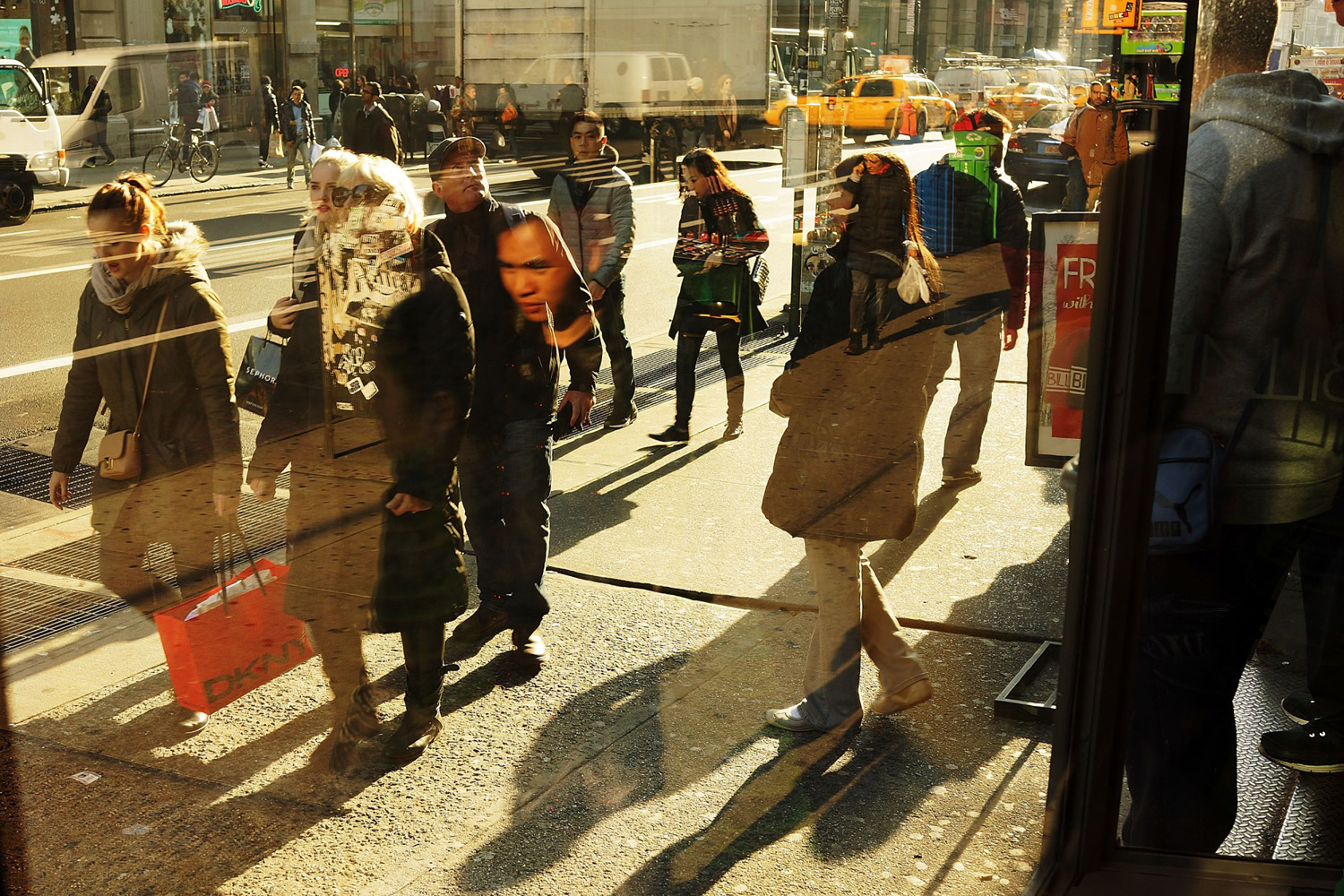
Americans are known risk-takers when it comes to their personal finances. While consumer spending has traditionally been one of the great engines of the U.S. economy, it also helped get the country into the Great Recession. So after five years of economic turmoil we’ve presumably become a little better at keeping track of our debts, right?
Not really. Data released Tuesday by the Federal Reserve Bank of New York show that at $11.52 trillion, overall consumer debt is higher than it has been since 2011. And more unsettling, debt is rising at rapid levels. Americans’ debt—that includes mortgages, auto loans, student loans and credit card debt—increased by 2.1%, or $241 billion in the last three months of 2013, the greatest margin of increase since the third quarter of 2007, shortly before the U.S. spiraled into recession.
And on an individual level, many Americans are in a precarious financial position. According to a survey released Tuesday by the financial monitor Bankrate.com, 28% of Americans have more credit card debt today than they have in a savings fund. That means that if one quarter of Americans even wanted to use their savings to pay off their debts at this moment, they wouldn’t be able to. Just 51% of Americans have more emergency savings than credit card debt, the lowest percentage since Bankrate begin tracking the issue in 2011. According to the Federal Reserve, overall credit debt increased by $11 billion in the fourth quarter of 2013 to $683 billion, the highest levels since 2011.
That data is part of a disheartening series of figures that show Americans haven’t become much better at keeping track of their personal finances since the recession began in 2008, when homeowners’ risky mortgages and freewheeling interbank lending brought the financial system to its knees. “This is not moving in the right direction,” says Greg McBride, chief financial analyst at Bankrate.com. “American consumers are not showing improvement in these areas. ”
And despite consumers’ iffy savings records, banks are loosening up their credit card limits to levels not seen since the depth of the recession. Banks are increasingly comfortable with high credit lines. Total aggregate credit card limits have increased to $2.91 trillion, the highest levels since the third quarter of 2009, putting banks at increased risk if borrowers default on their debts.
All that does not mean we are on the road to a second recession. In fact, the increase in household debt could also have a lot to do with increased consumer confidence in the economy, which grew at 3.2 percent in the last quarter of 2013. And debt helps drive economic growth as consumers spend more money on the assurance they’ll make it back later. Overall debt levels are still lower than they were when the recession hit, even if they are increasing rapidly; consumer debt remains 9.1% below its 2008 peak of $12.68 trillion, according to the Federal Reserve.
Carl Richards, a financial planner and director of investor education at BAM Advisor Services thinks that one explanation for Americans’ willingness to take on more debt could be the relative improvement of the economy over the past year, when the workforce added 2.2 million jobs over the course of the year. For consumers with extra money in their wallets, taking on more debt in anticipation of a bonus or a raise may not seem so risky. But that could be a big mistake. “We’ve already forgotten 2008 and 2009, and now we’re projecting into the indefinite future and we’re spending based on as if it had already happened,” says Richards. “Our default setting is optimistic, and maybe overly optimistic.”
If consumers aren’t on steady financial ground, it could put Americans at greater risk if the economy doesn’t improve at a fast enough rate. And it doesn’t help that Americans are not very good savers. “People aren’t making substantive progress on emergency savings,” says McBride, referring to Americans’ weak personal savings-to-debt ratio. “Americans have made some progress on debt repayment… but (savings) continues to be the Achilles heel of financial security. And it was never a strong point to begin with.”
The good news may be that many Americans are at least aware of their financially precarious situation. A monthly survey by Bankrate shows that Americans are less comfortable with their levels of savings than they have been in a year. Overall sense of financial security among Americans has fallen as well. Unfortunately, that partly reflects stagnant wages and increasing economic inequality. But it also reflects an awareness among Americans that they should be doing better. Americans “realize they need a lot more than they have, and they realize the progress is slow-going,” McBride says.
More Must-Reads From TIME
- The 100 Most Influential People of 2024
- Coco Gauff Is Playing for Herself Now
- Scenes From Pro-Palestinian Encampments Across U.S. Universities
- 6 Compliments That Land Every Time
- If You're Dating Right Now , You're Brave: Column
- The AI That Could Heal a Divided Internet
- Fallout Is a Brilliant Model for the Future of Video Game Adaptations
- Want Weekly Recs on What to Watch, Read, and More? Sign Up for Worth Your Time
Contact us at letters@time.com